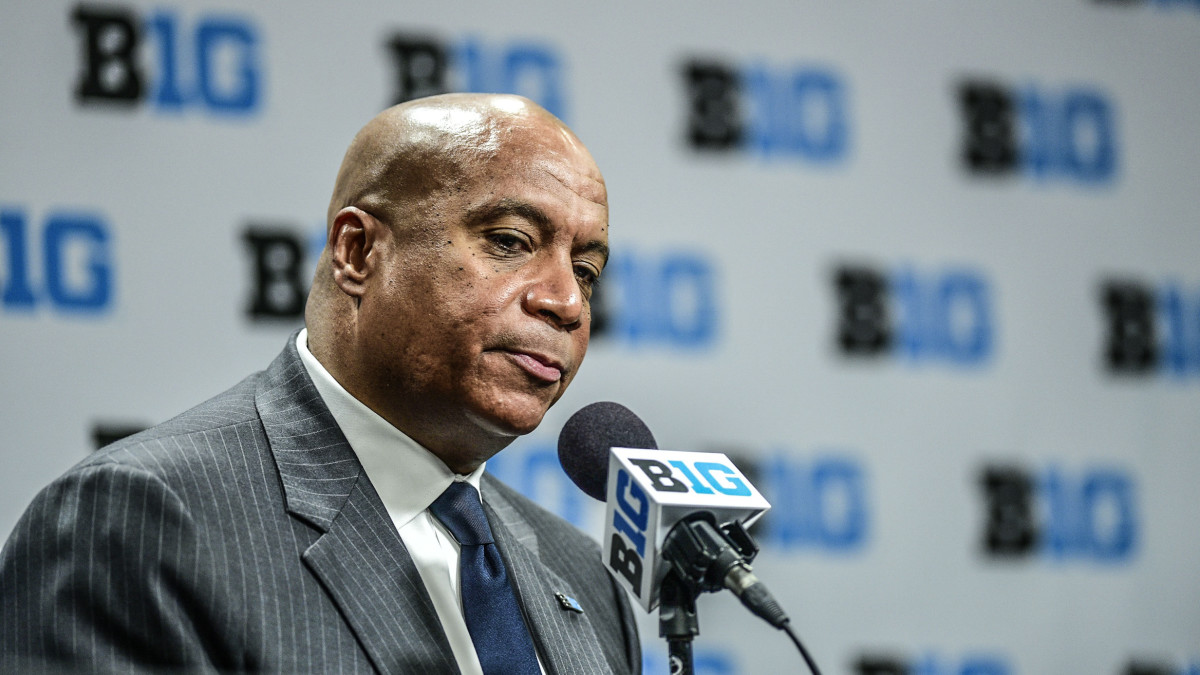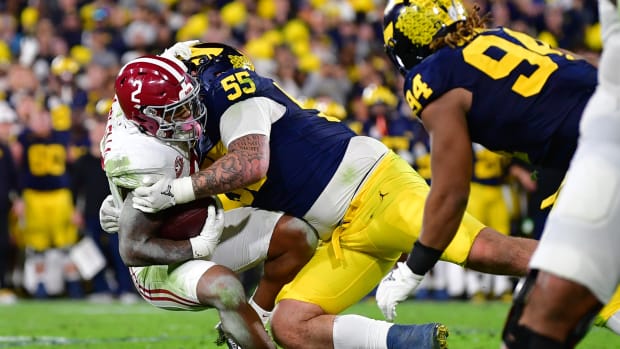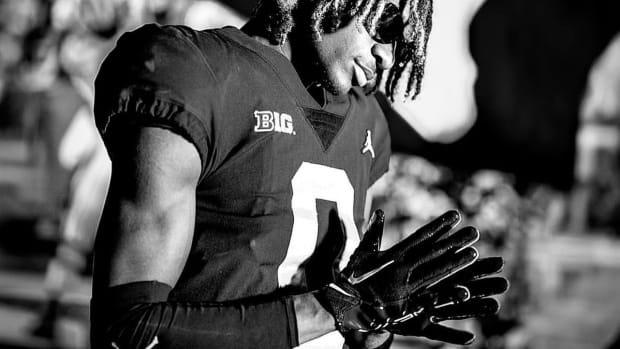BREAKING: Big Ten Releases Schedule, Michigan's Slate Is Official

Early Wednesday morning, the Big Ten released its football schedule. Michigan opens up against Purdue at home, will play Michigan State at home, which is different from the original schedule and, perhaps most noteworthy, will square off against Ohio State on October 24 with three games to be played after taking on the Buckeyes.
The entire release can be found on BigTen.org, but here are a few key points surrounding the newly released schedule.
- The plan is for Big Ten institutions to play a 10-game Conference-only schedule including the nine current opponents and one additional cross-division game
- The schedule starts as early as the weekend of Sept. 5 with final games slated for Nov. 21 to align with academic calendars
- The 10 games would be played over at least 12 weeks with each team having two open dates
- The schedule is structured to maximize flexibility:
- Games can be collapsed into bye weeks
- Uniform bye week on Nov. 28
- Cross-division games are currently scheduled for all schools in Week 1 (Sept. 5) and Week 12 (Nov. 21)
- Schedule constructed in a way that allows season to start as early as the weekend of Sept. 5, but also provides the ability to move the start of the season back to Sept. 12, 19 or 26 through strategic sequencing that allows games to be moved to a latter part of the schedule
- Big Ten Football Championship Game remains scheduled for Dec. 5 at Lucas Oil Stadium in Indianapolis, though it could be moved as late as Dec. 19
- Teams can begin preseason practices on Friday, Aug. 7, or earlier if permitted under NCAA guidelines related to first dates of scheduled competition
Even more important than the scheduling is the approach to keep student athletes and staff safe and healthy. Big Ten commissioner Kevin Warren spoke on BigTen.org about the plans and protocols in place to allow for safe competition.
“Developing consistent medical protocols and testing procedures for the health and safety of our student-athletes and our athletic programs is critical,” said Big Ten Conference Commissioner Kevin Warren. “Our Task Force for Emerging Infectious Diseases and local, state, and national experts have provided guidelines throughout our decision-making process with our student athletes’ health and safety as our first and foremost concern. At the same time, as we have previously communicated, any student-athletes who do not feel safe proceeding with the upcoming season as a result of the COVID-19 virus should know they have our full support and also know they will retain their scholarships. With the knowledge we have today, providing potential options for all of our student-athletes was of the utmost importance to us, all while ensuring there is a process in place to incorporate student-athlete feedback. While a comprehensive plan has been developed, we also know it is essential to continue to be agile as new information and health trends become available and we will adjust accordingly.”
Perhaps the most noteworthy development involving COVID-19 is the new testing protocol in place for football and other contact sports.
Sports that have a high risk of contact will have a minimum of two PCR surveillance tests per week during the competitive season.
Commissioner Warren definitely realizes that football still might not be played, as he mentioned several times during an interview on the Big Ten Network, but a schedule in in place and everyone is going to try their best to make a season happen.





